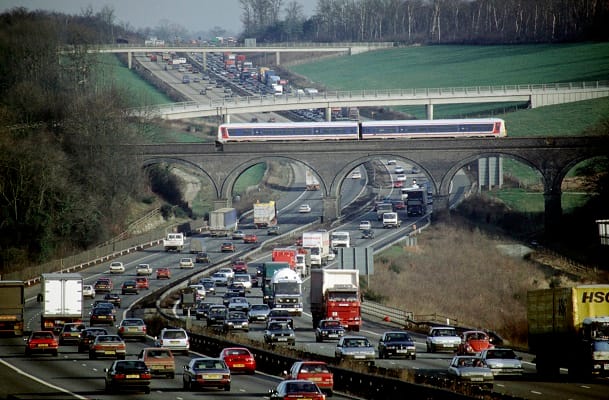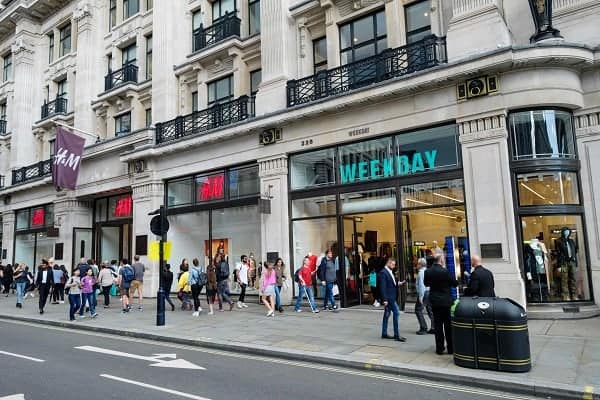Retail sales unexpectedly declined in December by 0.3% which was a blow to the sector according to the Office for National Statistics (ONS).
It was expected that sales would rise by 0.4% last month as shoppers usually stock up for the festive period.
Food sales fell by 1.9% which is the lowest level in more than ten years and butchers, tobacco and alcohol shopes also saw a decline in sales.
Clothes and shoe shops saw sales rise by 4.4% and department and household goods shops had a strong Christmas.
ONS senior statistician Hannah Finselbach said, “Retail sales fell in December following last month’s slight increase.
“This was driven by a very poor month for food sales, which sank to their lowest level since 2013, with supermarkets particularly affected.
“It was a better month for clothing shops and household goods stores, where retailers reported strong Christmas trading.
“With the timing of Black Friday falling within these latest data, our figures when not adjusted for seasonal spending show overall retail sales grew more strongly than in recent Decembers.”
Kris Hamer, Director of Insight at the British Retail Consortium, said, “Retail sales picked up in December, but this unfortunately did not offset the shaky start to the ‘Golden Quarter’.
“In non-food, electricals, beauty and books made for popular presents. Meanwhile, sales of furniture and other large ticket items were hard hit as families continued to think twice before making larger purchases, and clothing and footwear sales remained muted.
“While retailers welcome this boost to sales, it will barely touch the sides of the £7bn in new costs from the Budget facing the industry in 2025. Higher employer national insurance contributions, higher National Living Wage, and a new packaging levy will heap pressure on an industry that is already paying more than its fair share of tax.
“With retailers doing all they can to absorb existing costs, two thirds of CFOs report they are left with little choice but to increase prices, and reduce investment in jobs and shops. To mitigate this, Government must ensure that its proposed business rates reform does not result in any shop paying higher rates than they already do.”






Leave a Comment